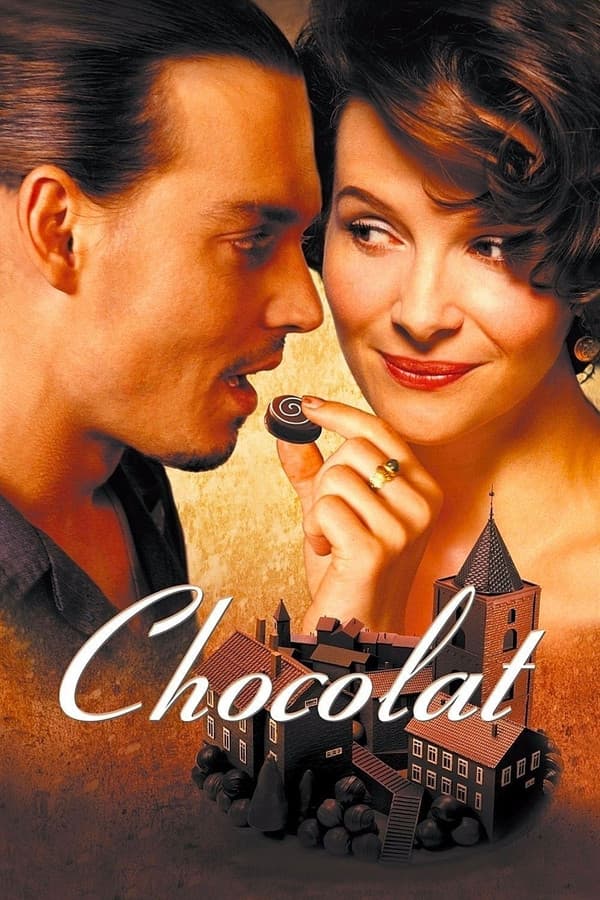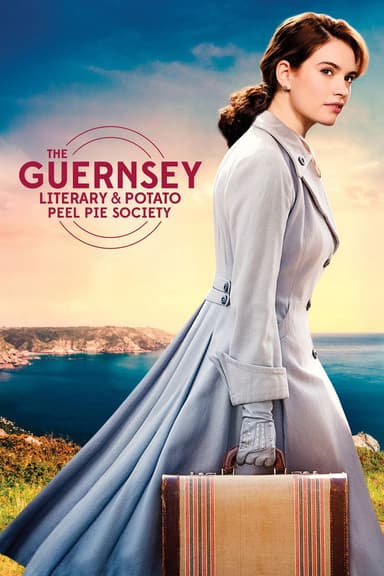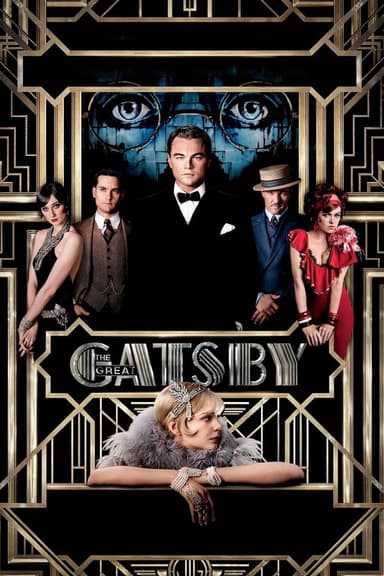
Chocolat
2000 • Comedy, Drama, Romance • PG-13
In the winter of 1959, a single mother and her young daughter arrive in a rural French town, where they open an unusual chocolate shop that disrupts the moral fiber of the strictly Catholic townsfolk and mayor.
Runtime: 2h 1m
Why you should read the novel
Discover Joanne Harris's novel "Chocolat," a rich tapestry of magical realism and human complexity. The book invites readers into an enchanting world that unfolds through vivid prose and intricate character development, taking you on a journey of transformation, temptation, and acceptance. Its pages offer a more immersive experience than the movie, allowing you to savor the nuanced inner lives and motivations of each character.
The original novel delves deeply into the internal struggles, desires, and backgrounds of its characters, providing a multidimensional portrayal often streamlined or omitted in film adaptations. Harris's narrative voice, blending sensory detail with emotional insight, crafts a more immersive and intimate atmosphere than visual storytelling alone can provide.
By reading the source material, you engage directly with Harris's distinctive style and subtle magical elements, which coalesce to create a richer overall experience. The book’s exploration of themes like tradition versus change, the power of kindness, and the nuances of small-town life resonate with a depth that cinema often cannot capture, urging you to discover what lies beneath the surface.
Adaptation differences
One main difference between the adaptation and the novel lies in narrative point of view. The film opts for a more objective, third-person perspective, using voiceover narration for exposition, while the novel alternates between the first-person viewpoints of Vianne Rocher and Francis Reynaud. This literary device in the book allows readers to access characters’ inner conflicts and motivations, offering more psychological depth and ambiguity than the film.
Another difference concerns the tone and presence of magic. The book leans more into magical realism, with subtle supernatural elements woven throughout Vianne’s background and actions. The movie, however, downplays these magical aspects, presenting them more as whimsy or suggestion rather than reality. As a result, the film’s world feels less mystical, focusing instead on romantic and interpersonal drama.
Certain relationships and characters undergo significant changes as well. For example, the character of Josephine in the novel undergoes a slow and profound transformation, evolving from a victim to an empowered friend and business partner. The film simplifies her journey and reduces some of the complexities surrounding her escape and growth. Additionally, the character of Roux, played by Johnny Depp, is given a more conventional romantic subplot in the movie than in the book, where his presence is less overtly central to Vianne’s story.
Finally, the conflict between Vianne and the town is less personally antagonistic in the movie than in the book. The priest’s role, in particular, is softened in the film (transformed from a layman to an insecure young priest), and the nature of the opposition Vianne faces is less intense. These changes subtly alter the story’s themes of conformity, resistance, and change, resulting in a more feel-good cinematic experience compared to Harris’s more nuanced, challenging novel.
Chocolat inspired from
Chocolat
by Joanne Harris










